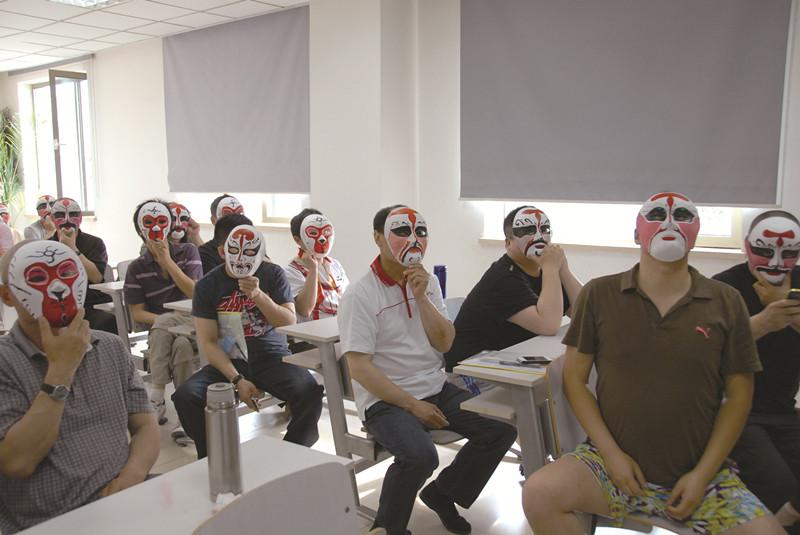After leaving SHHC, Wang Yong began to realize the difficulties of living alone. He is a good driver and searched for a job as a driver through small ads, the Internet and signs pasted to walls – but every time he called, he was refused due to his age.
He also obtained a cooking certificate at SHHC and successfully got a job at a restaurant. But he’s refused to take social insurance from his employer, since he fears it would disqualify him from the low-rent housing he currently lives in, and finding a place by himself will be a big burden.
Four months after leaving SHHC, Wang got a driving job, where he can earn 300 yuan (US$44) for a night shift and 200 to 300 yuan (US$29 to 44) in the day. On average, he earns more than 10,000 yuan (US$1,450) a month – enough to get by, even in Beijing.
Talking about the six months at SHHC, Wang said what impressed him most was the pervasive loneliness. He told our reporter that when in prison, he shared a room with more than 10 inmates, but at SHHC he lived alone. “In prison, you do not need to worry about anything, but when I got out, I had to pay for food and transportation and live independently,” he said.
Wang recently considered starting a family but found it is quite difficult. “Every time I tried to date a girl, I was asked directly whether I have an apartment or a car, which made me very awkward, let alone being an ex-prisoner,” he said.
Meng Weiguo, psychological counselor at SHHC, said social prejudice has a harsh psychological impact on ex-prisoners, who also stick those labels on themselves. The SHHC staff try to help them get rid of their inferiority complex. “If you find it hard to change the mind of others, you have to change your own mind,” he said.
Zhang Yu was given a suspended sentence, and a one-year community rectification at a halfway house in Huairou District in Beijing. He told NewsChina that he was really depressed when he heard the sentence, and that he had an existing tendency of depression – often getting him strange looks from neighbors. But after one-to-one psychological counseling, he feels much better nowadays.
Every month, Meng conducts psychological counseling at SHHC as a part-time instructor and he said it is hard to provide a long-term psychological counseling service for inmates who need help.
Li Bo told our reporter that it is a challenge for SHHC to integrate the separated social resources to create a professional and systematic social support system. She said that the psychological instructors at SHHC are from seven to eight institutions who are complementary to each other. “But it is even difficult for us to summon together all these teachers in the year end for a meeting,” she said. “We need long-term mechanisms to provide technological and financial support,” added Meng.
The situation in the capital’s Huairou District is quite different to that in Chaoyang. There are far fewer people serving community terms because of its suburban location and low population density. A community instructor there told NewsChina on condition of anonymity that community rectification is provided to minor criminal offenders to avoid “cross-infection” in prison – small-time offenders learning criminal skills and attitudes from more serious criminals. “Over the years, small class teaching has been promoted to ensure interactivity and effectively prevent cross-infection,” he said.
He told our reporter that the community rectification system also has some systematic problems. According to the Measures for the Implementation of Community Rectification jointly released by the Supreme Court, the Supreme People’s Procuratorate, ministries of public security and justice, judicial administrative organs are in charge of the community rectification management but they are restricted in their ability to execute punishments. Cooperation with the legal departments and public security organs is not well coordinated.
For example, one inmate escaped to dodge a creditor and the local judicial organ asked public security to help chase him down. The public security organ, however, denied the request because according to the rules, the case of the escaped community termer fell short of the requirement for “Chasing Fugitives Online” and the fugitive could not be added to the fugitive data bank.
Annual meetings are held to tackle the issue, but always with the same outcome – continue coordinating like before. The local judicial organs have to keep a close eye on the inmates including regular visits to study their living conditions and their daily lives – but there’s a lack of measures to ensure this actually happens.

 Old Version
Old Version